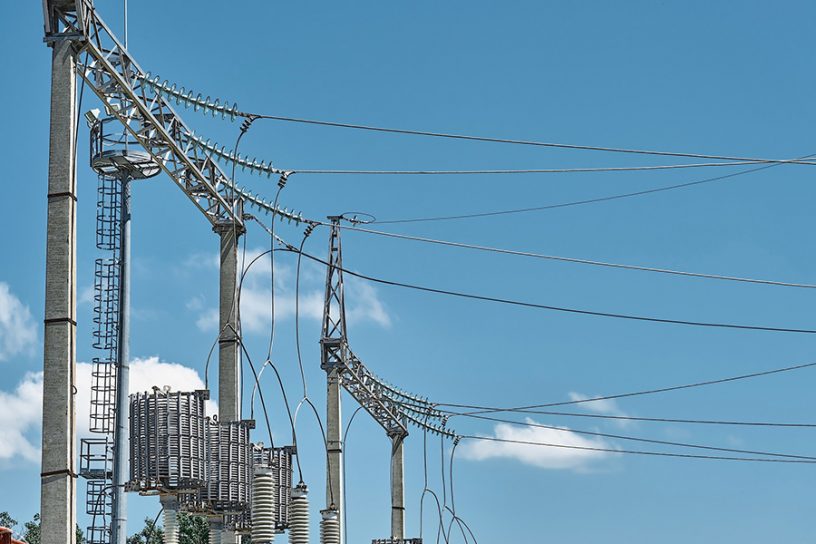
Improved human resource capabilities and work conditions provide not only much needed motivation to power sector employees to improve their efficiency but also assist to accomplish social-ecological-economic organizational sustainability.
Authors
Mohit Yadav, Associate Professor, Jindal Global Business School, O.P. Jindal Global University, Sonipat, Haryana, India.
Anil Kumar, Centre for Supply Chain Improvement, The University of Derby, Kedleston Road Campus, Derby, DE22 1GB, United Kingdom.
Sachin Kumar Mangla, Knowledge Management & Business Decision Making, Plymouth Business School, University of Plymouth, Plymouth, PL4 8AA, United Kingdom.
Sunil Luthra, Department of Mechanical Engineering, Government Engineering College, Nilokheri, India.
Umesh Bamel, Indian Institute of Management, Amritsar, India.
Jose ArturoGarza-Reyes, Centre for Supply Chain Improvement, The University of Derby, Kedleston Road Campus, Derby, DE22 1GB, United Kingdom.
Summary
Sustainability is defined a triple bottom line approach, which concentrates on economic, social and environment growth of any organization. In order to achieve sustainability objective, the human resource focused enablers are playing a significant role in optimising expenses, improving productivity and quality of work. Therefore, the present study seeks to build a model for the enablers of human resource development for sustainability in India power sector.
The study findings help the sector to improve the productivity of their workers and establish all the enablers, which can be seen to improve quality of work life in the Indian power sector. Improved human resource capabilities and work conditions provide not only much needed motivation to power sector employees to improve their efficiency but also assist to accomplish social-ecological-economic organizational sustainability.
Total Interpretive Structural Modelling with Matrice d’Impacts Croisés Multiplication Appliqués à un Classement (MICMAC) analysis has been applied to build a structural model and to identify the driving force and dependence power of enablers. Validation of relationships among the enablers and managerial implications are also discussed. According to the findings, the enablers ‘work safety and healthy working conditions’ have the highest driving power.
The outcomes of this study can help the power sector to enhance human resource capabilities and quality of work life within the organization through provision of a benchmark model and help to accomplish sustainable development initiatives in its business.
Published in: Journal of Cleaner Production
To read the full article, please click here.


